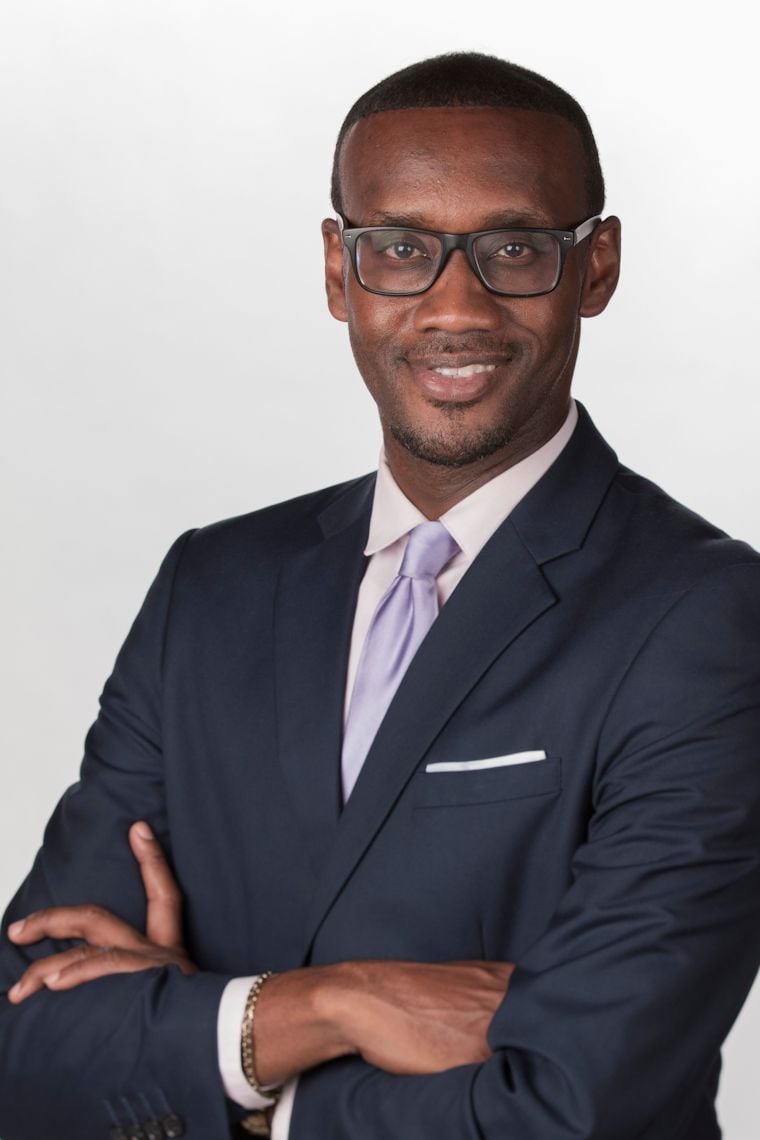
This interview is one in a series of interviews with recipients of the 2024 ACGME Awards. The awardees join an outstanding group of previous honorees whose work and contributions to graduate medical education (GME) represent the best in the field. They will be honored at the ACGME Annual Educational Conference, taking place March 7-9, 2024, in Orlando, Florida.
Mr. Kino Williams is a recipient of the 2024 Debra L. Dooley GME Program Coordinator Excellence Award. He currently serves as a senior staff associate and residency program administrator at the State University of New York (SUNY) Downstate Health Sciences University in the Department of Radiation Oncology. He reflected on both the rewards and challenges of being a residency program coordinator.
ACGME: How did you become involved in academic medicine?
Mr. Williams: I started at [SUNY] Downstate in 2002 within the Department of Surgery. I joined the department as a temporary employee who provided administrative support to the Chairman’s office because one of his assistants had to take emergent leave to provide care for her son. He woke up one morning not able to move any part of his body from his neck down. Learning of the reason of how I came to work at Downstate has always held a special place in my heart. That employee would later come back to work and I was able to meet her and express my concern for her son and the honor I felt to assist the department in her absence. I then moved from administrative support to GME, working alongside Ms. Pamela Bowman, who was the surgery residency program coordinator, in 2004; many thanks to Pam. From there I worked as a program administrator in psychiatry, orthopaedic surgery, and presently radiation oncology.
ACGME: What does this award mean to you?
Williams: This award, above everything else, means validation to me- validation that my work is important, necessary, and acknowledged. The role of program coordinator often does not grab the headlines within the GME community, but without it, GME would not be able to function as successfully as it does now. To be recognized for your work and your contribution to the field in which you work is one of the highest honors awarded to an employee. As such, I am eternally indebted and grateful to my Sponsoring Institution and nominators – Drs. Schwartz, Smith, Silver, and Youssef, and Ms. Juliet Arthur.
ACGME: What is the most rewarding part of being a program coordinator?
Williams: The most rewarding part of being a coordinator is not just to witness the transformation of our residents from uncertain and often timid but immensely talented medical students to confident, skilled, and competent physicians, but rather, to be a part of their journey to self-actualization. I think it is one of the greatest honors to be a part of a physician’s journey to purpose, their journey to greatness. I love the lifelong friendships that have resulted from being a program coordinator.
ACGME: What is the most challenging part of being a program coordinator?
Williams: I am not sure if it's challenging or more so frustrating, the fact that the role of program coordinator is not respected and understood as a leadership position within some institutions and areas of the academic medical community. Often, department and division leadership don’t understand GME and have no clue what program coordinators do on a daily basis. We are not secretaries; we are managers; we are administrators; we are leaders within our programs, departments, Sponsoring Institutions, and GME. I have held many leadership positions throughout my career and each position has benefited from me starting off my career as a residency program coordinator. The skills that I have developed and currently possess through management of a residency program have led me to lead institutional initiatives, such as Downstate’s community health fair, which provided care and services to over 400 Brooklynites, and wellness activities across the entire academic campus and clinical divisions, such as radiology performance improvement and orthopaedic surgery.
ACGME: What advice do you have to brand-new coordinators who are just starting their careers?
Williams: Believe in yourself! I have included this in my email signature: “2024 ACGME Debra L. Dooley GME Program Coordinator Excellence Award Recipient – Believe in YOURSELF!” It’s important for other program coordinators to see that they too can rise to the top of the field and be recognized for their contributions. However, it doesn’t happen overnight; it’s a gradual progression and sometimes you feel as though you may be taking too long and moving backwards instead of moving forward. But keep the faith! Find a mentor, learn from your fellow coordinators, and don’t be afraid to ask for help – no one began knowing every facet of the position. Be gentle with yourself, but above all, believe in yourself.
ACGME: Is there anything else you wish to add that we haven’t asked?
Williams: I am currently completing my doctoral studies in program coordinator well-being. My research is dedicated to the unsung heroes of GME – program coordinators. My dedication [in my thesis] reads: "This work is dedicated to the unsung heroes of most graduate medical education programs, you the program coordinator. You are the backbone of every GME program and are an immensely valuable resource, never forget that!" I am so proud to call myself a program coordinator; all coordinators should be, too.
Learn more about the ACGME’s Debra L. Dooley GME Program Coordinator Excellence Award and nominate a deserving coordinator for the 2025 Award – nominations are due by March 27, 2024.
